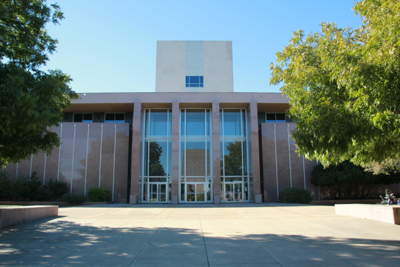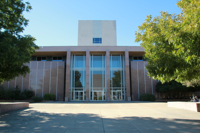
Texas Supreme Court
AUSTIN – The Texas Public Policy Foundation has filed a petition for review urging the Texas Supreme Court to overturn previous ruling and eliminate “the blanket” attorney-client privilege exception to Texas Public Information Act requests.
In re City of Georgetown is a 2001 case where the high court required a trial court to vacate an order mandating the city of Georgetown release records to a newspaper seeking them.
Seeking to overturn the ruling, TPPF filed its petition on Sept. 2, stating that In re Georgetown “effectively undid” the Texas Legislature’s efforts to narrow governmental discretion “by reading a blanket exception back into the TPIA.”
The petition asks whether a governmental body can hide an investigative accounting report concerning alleged financial malfeasance at a public school facility from disclosure under the TPIA by channeling the report through an attorney and asserting attorney-client privilege.
TPPF sued the Highland Park Independent School District in 2023, asserting that between 2020 and 2021 the district’s Seay Tennis Center experienced a sudden jump in revenue of over one million dollars, with evidence suggesting that employees running the tennis center prior to 2021 were pocketing customers’ money that should have gone to the district.
“The evidence shows that Highland Park ISD hired a lawyer to investigate the district's own finances just so they could keep the report secret,” said TPPF Attorney Nathan Seltzer. “That is not the purpose of attorney-client privilege and it flies in the face of the Texas Public Information Act's purpose.”
In response to public pressure, HPISD asked a third-party accounting firm to investigate how much money was siphoned away from HPISD through the activity and then refused to release the findings.
TPPF sued HPISD under the TPIA to force HPISD to disclose the report.
“If governments can launder investigations through lawyers, like HPISD did here, the TPIA becomes meaningless,” said TPPF Senior Attorney Matthew Chiarizio. “We’re asking the Texas Supreme Court to close this loophole and restore public accountability.”






